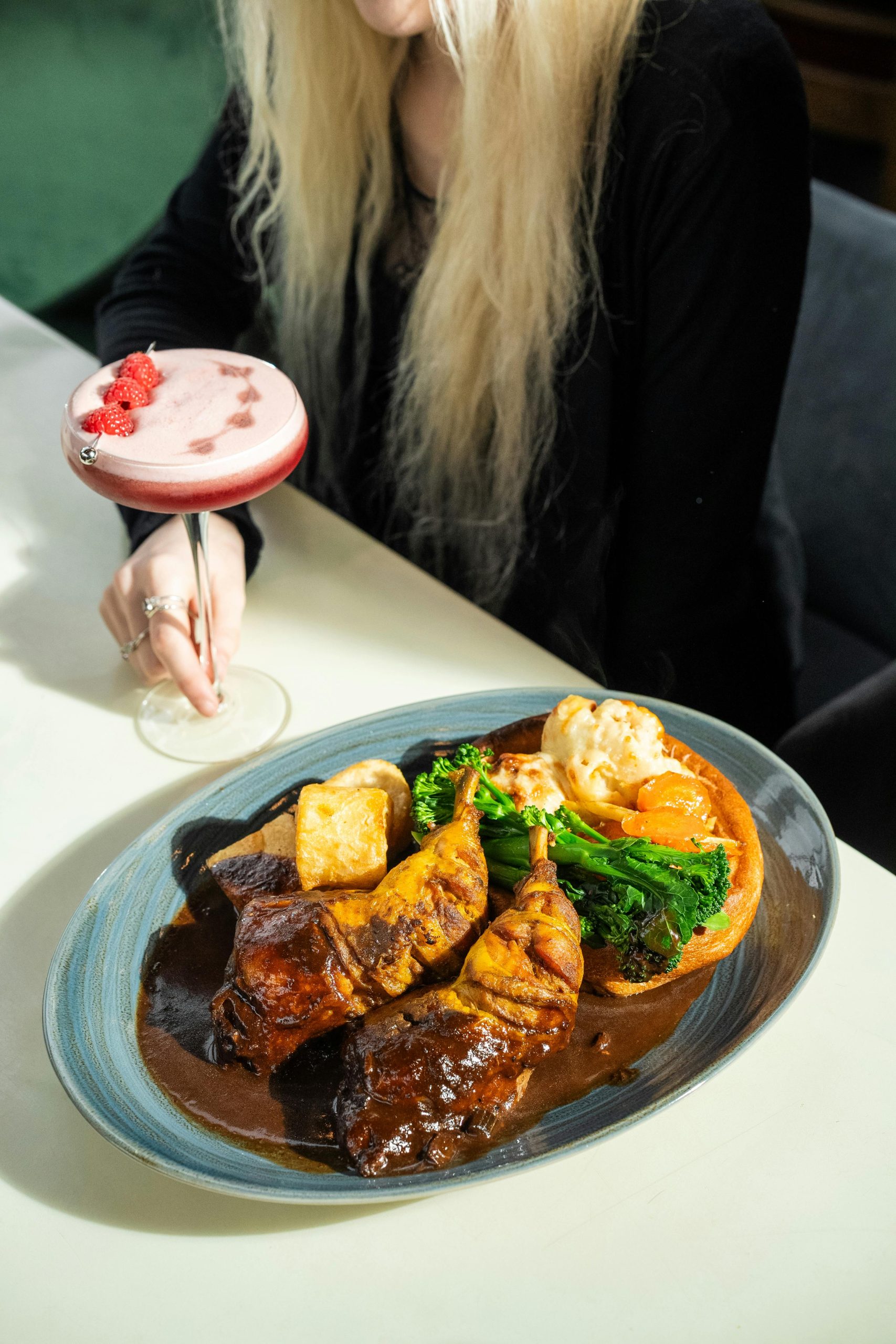What steps can I take to launch a food truck or small food stall business?
I’ve been passionate about food since childhood, always drawn to takeout and cooking for myself. However, I lack experience in running a business. Currently, I’m in my final year of university and living with my parents. My only work experience is from a small fast food restaurant where I cooked in the kitchen a few years ago.
I have some savings, but that’s about it.
What advice do you have for starting my own food stall business? For reference, I’m located in London.










2 Comments
Starting a food truck or small food stall business can be an exciting venture, especially since you have a passion for food! Here are some steps to guide you through the process:
Market Research: Look into other food trucks and stalls in London. Identify your competition and see what works (and what doesn’t). This will help you find your niche.
Business Plan:
Consider how you will market your food stall (social media, local events, partnerships, etc.).
Legal Requirements:
Insurance: Look into business insurance that covers you for liability and equipment, as well as employee insurance if you plan to hire.
Funding:
Prepare for initial costs, including any equipment, supplies, and branding.
Equipment and Supplies:
Source quality ingredients and establish relationships with suppliers.
Menu Development:
Consider pricing carefully to cover costs while remaining competitive.
Branding and Marketing:
Use social media platforms to showcase your food, build excitement, and keep customers updated on your location.
Location and Events:
Pay attention to regulations regarding where you can park and operate your food truck.
Test Your Concept:
Before fully launching, consider doing some pop-up events or catering small gatherings to test your operations and menu. Adjust based on feedback.
Network:
Starting a food-related business requires hard work, but if you’re passionate about food, it can be incredibly rewarding. Good luck with your venture!
Starting a food truck or small food stall can be an exciting venture, especially given your passion for food! Here are a few key steps to consider that can help you turn your dream into reality:
1. **Market Research**: Start by exploring the local food scene in London. Look into what types of food are popular, identify gaps in the market, and see if there’s a specific cuisine that resonates with your personal style and the community’s tastes.
2. **Business Plan**: Draft a solid business plan outlining your concept, target market, pricing strategy, and financial projections. This will not only help clarify your vision but is also essential if you need to seek funding.
3. **Legal Requirements**: Familiarize yourself with the regulations around food businesses in London. This includes obtaining necessary licenses, health department permits, and food safety certifications. The local council’s website can be a great resource for this.
4. **Budgeting & Funding**: Assess your savings and consider various funding options if needed. Apart from personal savings, look into loans or crowdfunding platforms geared towards food entrepreneurs. Creating a detailed budget will help you track your expenses and manage your resources effectively.
5. **Testing Your Menu**: Before going fully operational, consider testing your menu at local markets or events. This not only helps refine your recipes based on customer feedback but also allows you to build a customer base even before your official launch.
6. **Building an Online Presence**: Start engaging with potential customers on social